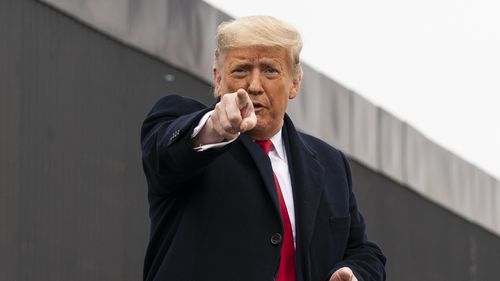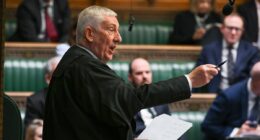Share this @internewscast.com
Although this situation is quite different compared to the numerous nations that were impacted by increased tariffs, economists caution that Australia could still endure considerable economic consequences from this development.
The worries were mirrored in the performance of the Australian stock market, which saw a drop of approximately one percent after the announcement, primarily because several major global economies, including key trade partners, didn’t receive a similar relief.

Why was Australia spared a tariff hike?
A significant point of discussion has been Australia’s consistent tariff rate shortly after the federal government paused biosecurity restrictions on American beef imports, which was previously highlighted by Trump during his so-called Liberation Day declaration.
The government insists that wasn’t a form of bargaining, and the decision was made purely on scientific evidence.
Whether that played a role in Trump’s decision or was just a coincidence probably won’t be known for certain.
Nevertheless, it seems that the relative relief for Australia mostly comes from its trade deficit with the United States, meaning it imports more goods and services from the US than it exports.
Countries in the last group were subjected to hefty tariffs, those in the middle group faced about 15 percent tariffs, whereas the first group – which includes Australia – experienced a 10 percent tariff.













